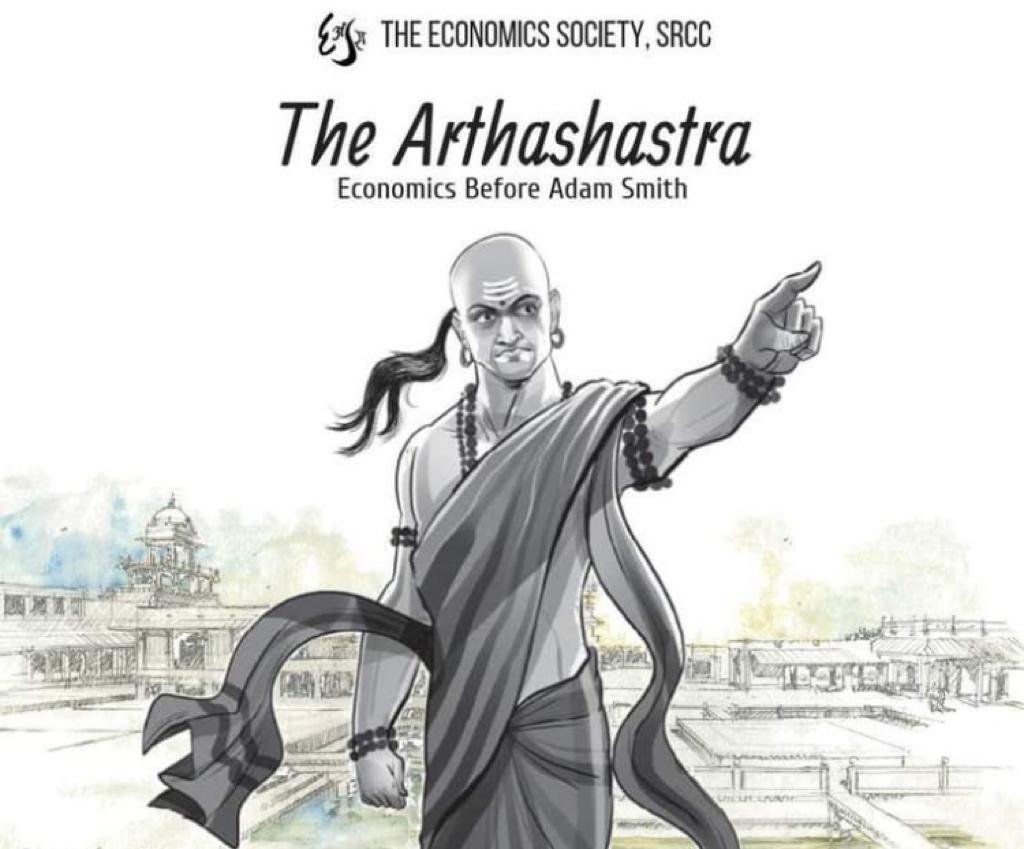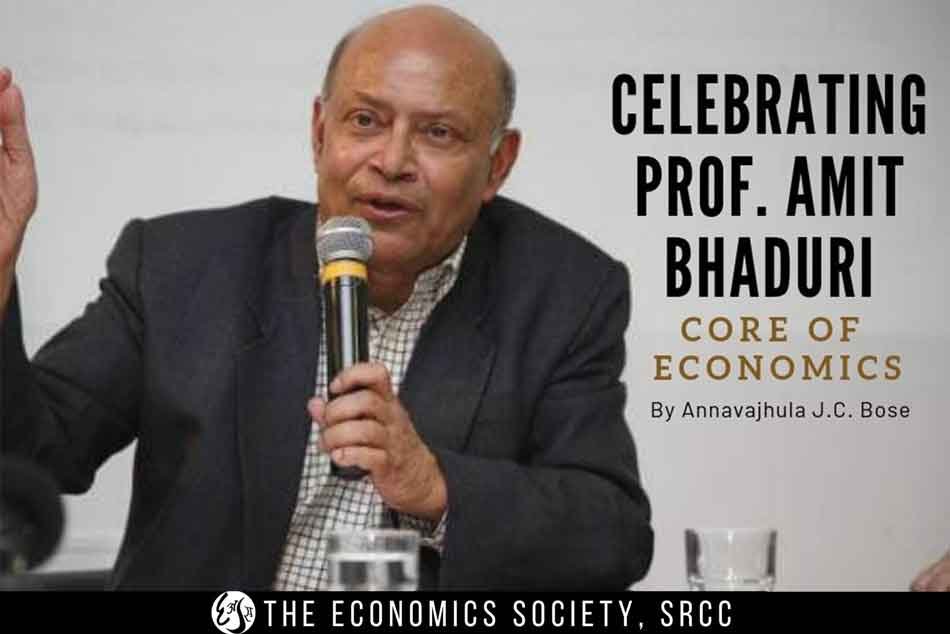
Human Mind: A Blend of Creativity and Imagination

This article is an artistic investigation into how the human ability for creative thought, knowledge, and action has evolved over time. The goal is to rediscover the wonderful mental abilities that humanity first discovered, developed, and used. Our capacity for logical and pertinent, problem-solving, decision-making, and accomplishment is meant to be improved. Both intellectual understanding and actual skill are intended to be imparted through this article. It strives to promote conscious knowledge and comprehension of the human mind's functioning, as well as of its varied faculties, capacities, and untapped potentialities. It also explores the typical patterns of thought that the mind employs, as well as their advantages and disadvantages. By bringing to light the implicit presumptions and barriers that keep thinking within specific parameters as well as the typical types of errors and omissions they give rise to, it seeks to increase the variety and quality of thinking.
Humans are self-aware creatures. The evolution of humanity from its early animal origins and all the accomplishments of human history, civilization, and culture have been largely driven by the development of the many faculties of the human mind. Humanity's unique potential for conceptualization, imagination, invention, organisational development, and other forms of creativity originates from the mind. The mind is the starting point for all of our artistic and scientific inventions. Additionally, it is the origin of the inventive activities that serve as the cornerstone of human achievement in all spheres. Despite all of our knowledge and accomplishments, the nature of the mind is still a mystery.
Humans are self-aware creatures. The evolution of humanity from its early animal origins and all the accomplishments of human history, civilization, and culture have been largely driven by the development of the many faculties of the human mind. Humanity's unique potential for conceptualization, imagination, invention, organisational development, and other forms of creativity originates from the mind. The mind is the starting point for all of our artistic and scientific inventions. Additionally, it is the origin of the inventive activities that serve as the cornerstone of human achievement in all spheres. Despite all of our knowledge and accomplishments, the nature of the mind is still a mystery.
How little do we comprehend the mechanisms that control our mental creativity! We may see evidence of the progressive emergence of many styles of thought dating back to antiquity. The development of agriculture and the beginning of civilization was facilitated by the aptitude for keen observation of nature, coordination and association, and the identification of causal links. The ability to employ symbols paved the way for the emergence of religion, art, spoken and written languages, and the use of numbers. In ancient India, at the time of the Upanishads, the development of intuitive metaphysical insights into the nature of reality achieved its pinnacle.
In Hellenistic Greece, China, and Egypt, ideas and theories based on logical reasoning first appeared as a result of the development of rule-based thinking. After the creation of the decimal system, zero, and the Hindu numerals, mathematical reasoning advanced quickly. The creation of modern science during the Enlightenment and the extraordinary discoveries of the four centuries that followed were made possible by analytical thinking based on the study of physical nature. The development of new ways of thinking under various names, such as cybernetics, systems thinking, and human-centred design, was sparked by paradigm-shifting discoveries such as relativity and quantum theory, the growing size and complexity of modern industrial society, technological advancements in communications and computing, the globalisation of financial markets and economies, the development of the internet and artificial intelligence and the effects of human behaviour on the environment during the 20th century.
New discoveries and the creation of new mental abilities have followed each stage in the advancement of human mental capabilities. Not only is the human intellect inventive but it is also self-creative and self-organizing. Our capacity for knowledge and certainty is still far from perfect, thus it is necessary to be aware of these limitations in order to fully comprehend and utilise our creative mental powers. New types of knowledge have emerged at each step of mental evolution, eradicating earlier forms of error, misperception, and superstition. But the constraints of each way of thinking have also produced new kinds of mistakes, misunderstandings, and superstitions that have produced new kinds of issues. Although we humans like to think of ourselves as intelligent animals, our reason has several boundaries.
Our mental development has a long way to go. The vast array of issues that the human race is currently facing is proof that we have not yet fully developed our mental faculties to the point where they can fully comprehend the complexity and integrality of life. Furthermore, there is no reason to think that the evolutionary potentials of mental consciousness have been fully utilised by us. In the discoveries and inventiveness of great thinkers, artists, and other types of brilliance, we already find manifestations of higher capacities of mind. Great scientists have given voluminous testimonies that their inventive discoveries were the outcome of intuitive rather than intellectual procedures. Five hundred years ago, the ability to read and write was once commonly recognised as a sign of genius. For a very long time, higher education was thought to be out of reach for all save a select few exceptionally brilliant people. In the USA, only one PhD was conferred in 1861. Today, more than 60,000 are given out each year. Is it possible that the extraordinary abilities we identify with famous figures like Socrates, Leonardo da Vinci, Shakespeare, Galileo, Newton, Napoleon, Beethoven, Einstein, Ramanujam, and other creative people may one day be commonplace? Maanvi Singhania


